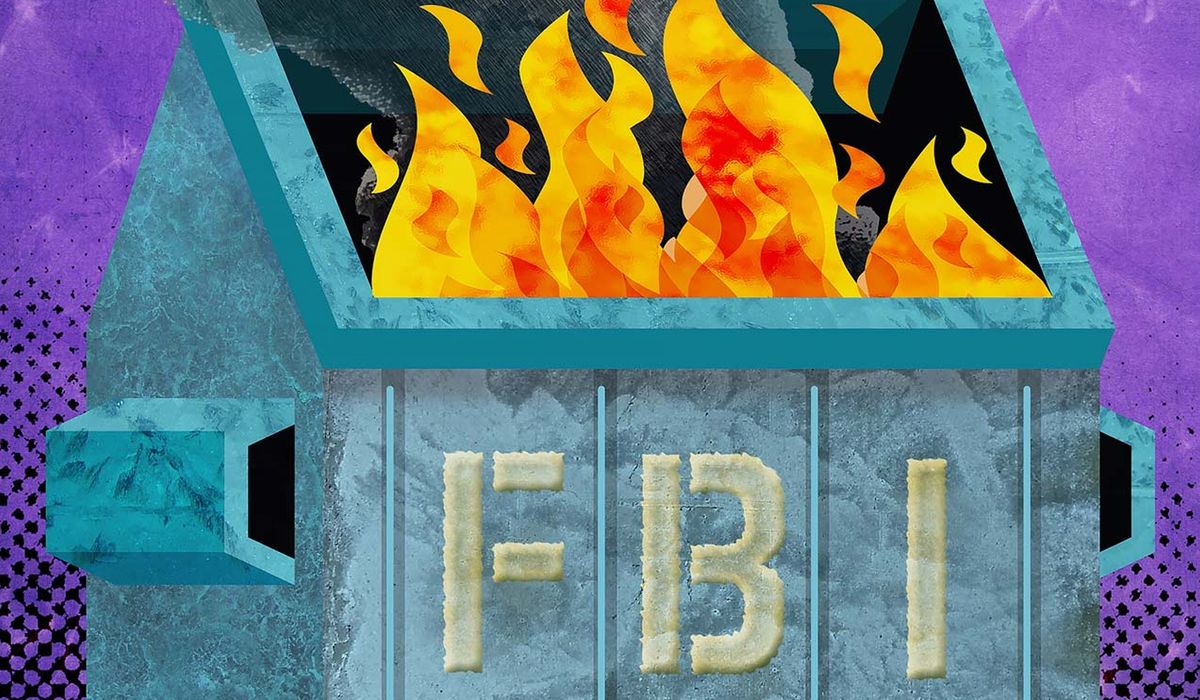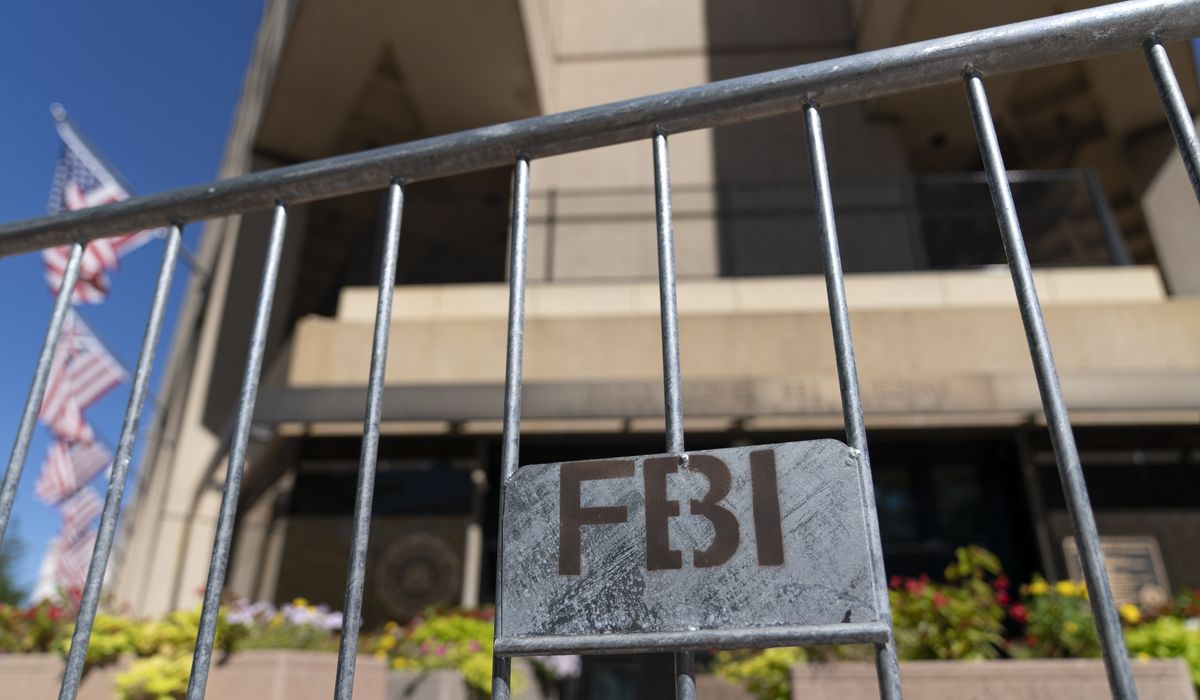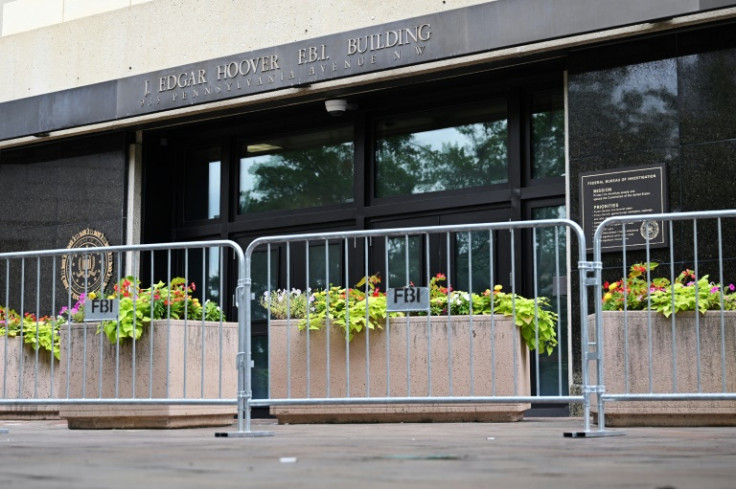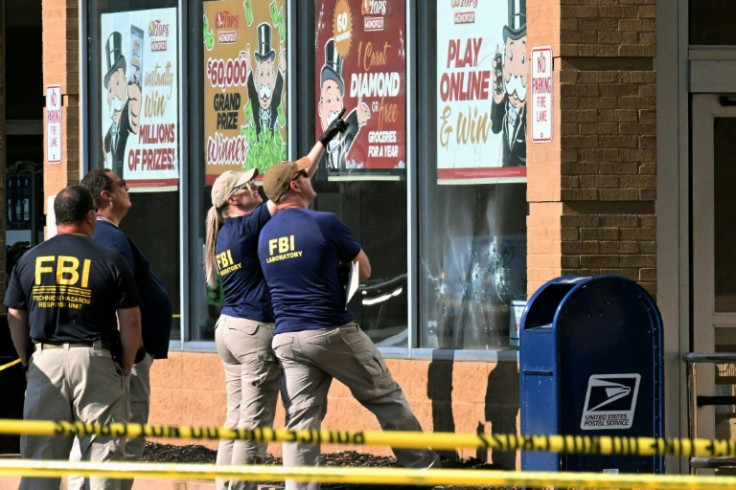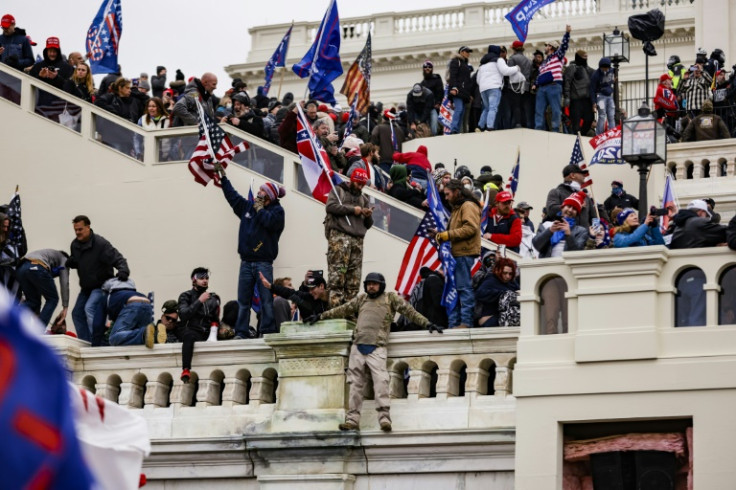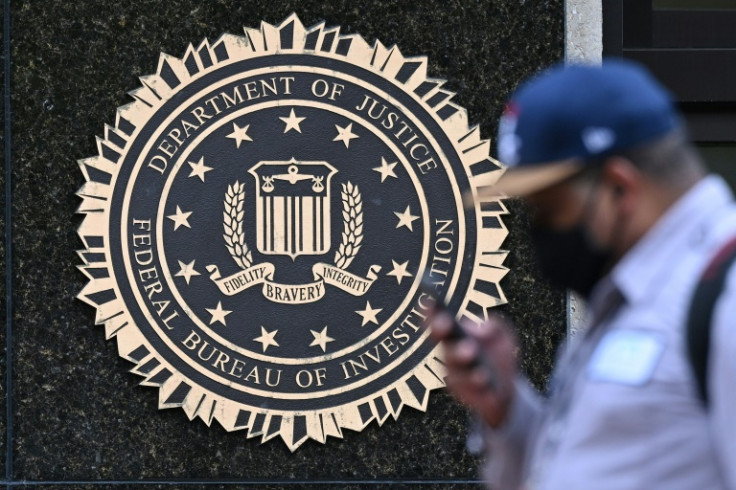
As a participant in the 7th Congress of Leaders of World and Traditional Religions, Pope Francis will have the opportunity to meet with several Muslim leaders attending the congress, including representatives from Saudi Arabia, Iran, Egypt, Turkey, and across Central Asia.
Pope Francis will also have a chance to meet again with Ahmed el-Tayeb, grand imam of al-Azhar, with whom the pope signed a joint declaration on human fraternity in 2019 in Abu Dhabi.
China
As a historic corridor of the Silk Road, Kazakhstan has been known as a country that connects the East and the West.
Neighboring Kazakhstan and China continue to have close ties with large scale Chinese investments in the Central Asian country’s natural resources through its Belt and Road Initiative. (China’s Xi Jinping announced his plan for a “new silk road” in the Kazakh capital in 2013.) Until March, Kazakh railways served as a major trade conduit between China and the European Union via Russia.
Notably, Kazakhstan borders China’s Xinjiang region, where the United Nations High Commissioner has found that the Chinese government has committed serious human rights violations.
Uyghur Muslims in China have faced torture, detention, and sexual violence, according to the UN’s Sept. 1 report, which found that persecution against the religious minority may be considered “crimes against humanity.”
Despite this, Kazakhstan has not granted political asylum to Xinjiang refugees.
Thousands of Kazakhs have family ties to Xinjiang and more than 200,000 Uyghurs live in Kazakhstan. While Kazakhstan was home to some of the first vocal critics who testified to China’s brutal repression of Uyghurs in 2017, human rights advocates have come to consider Kazakhstan a “hostile place for Xinjiang victims.”
Last year Kazakhstan barred Gene Bunin, the founder of the Xinjiang Victims Database, from entering the county. The Chinese foreign ministry also thanked the government of Kazakhstan for its “understanding and support for China’s position” in Xinjiang in 2019.
Pope Francis’ visit to Kazakhstan coincides with a visit by Xi Jinping to Nur-Sultan on the Chinese leader’s way to a meeting with Vladimir Putin in Central Asia. Many eyes will be watching Xi on his first state visit since the start of the COVID-19 pandemic. He will meet with Tokayev one day after Pope Francis meets with him at the presidential palace.
(Story continues below)
At Catholic News Agency, our team is committed to reporting the truth with courage, integrity, and fidelity to our faith. We provide news about the Church and the world, as seen through the teachings of the Catholic Church. When you subscribe to the CNA UPDATE, we’ll send you a daily email with links to the news you need and, occasionally, breaking news.
As part of this free service you may receive occasional offers from us at EWTN News and EWTN. We won’t rent or sell your information, and you can unsubscribe at any time.



/cloudfront-us-east-2.images.arcpublishing.com/reuters/6A462PUOTJOVTP5DHG7WFJA32M.jpg)
